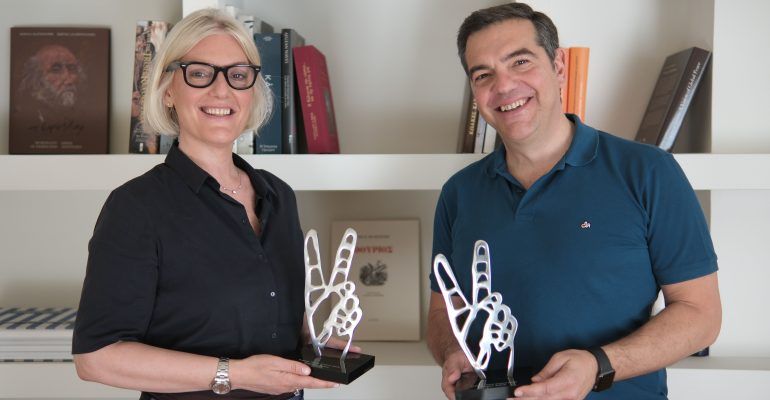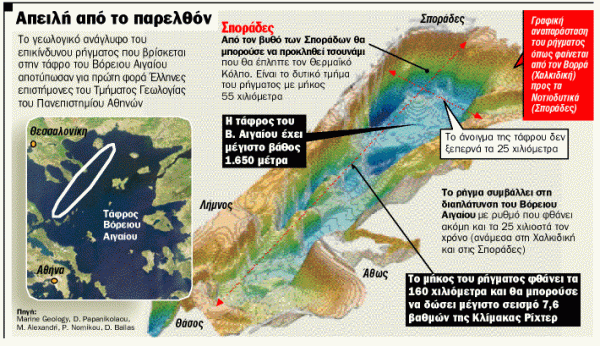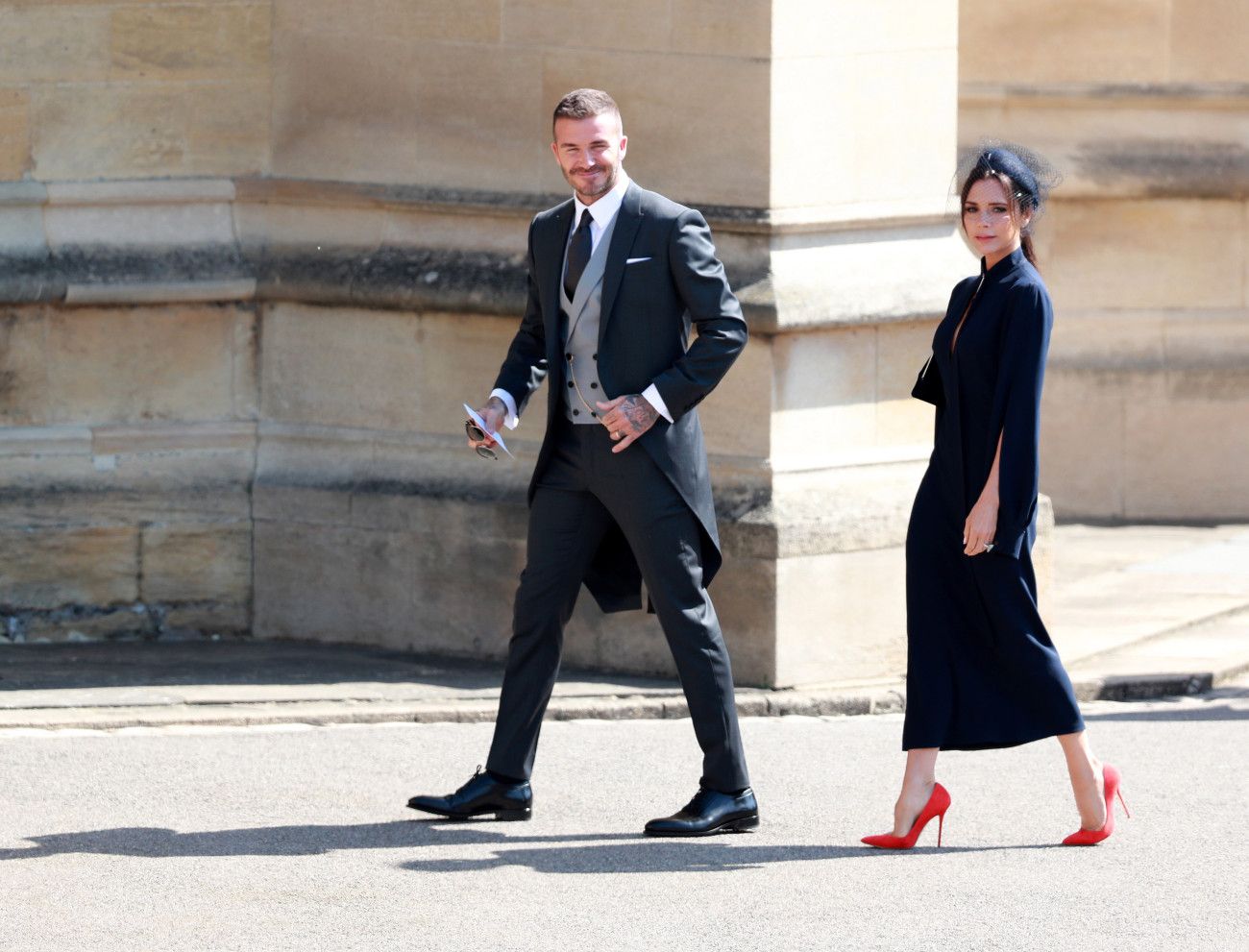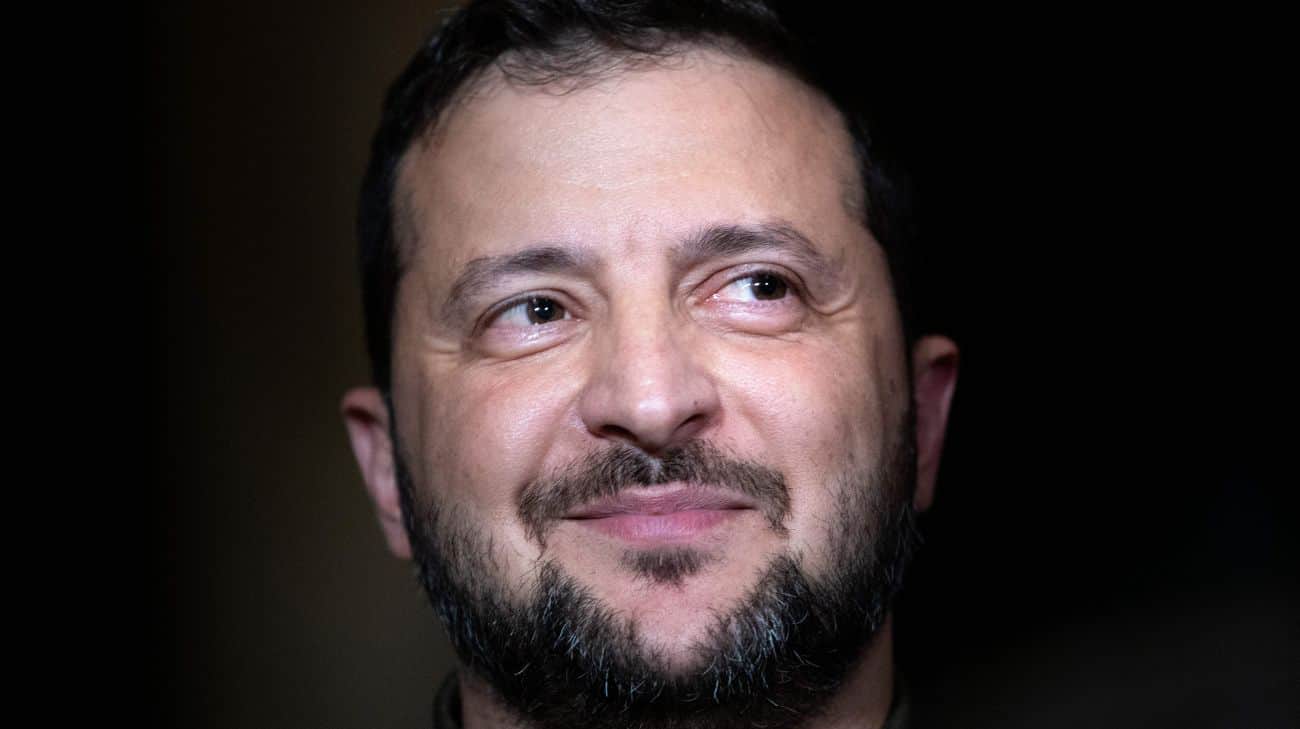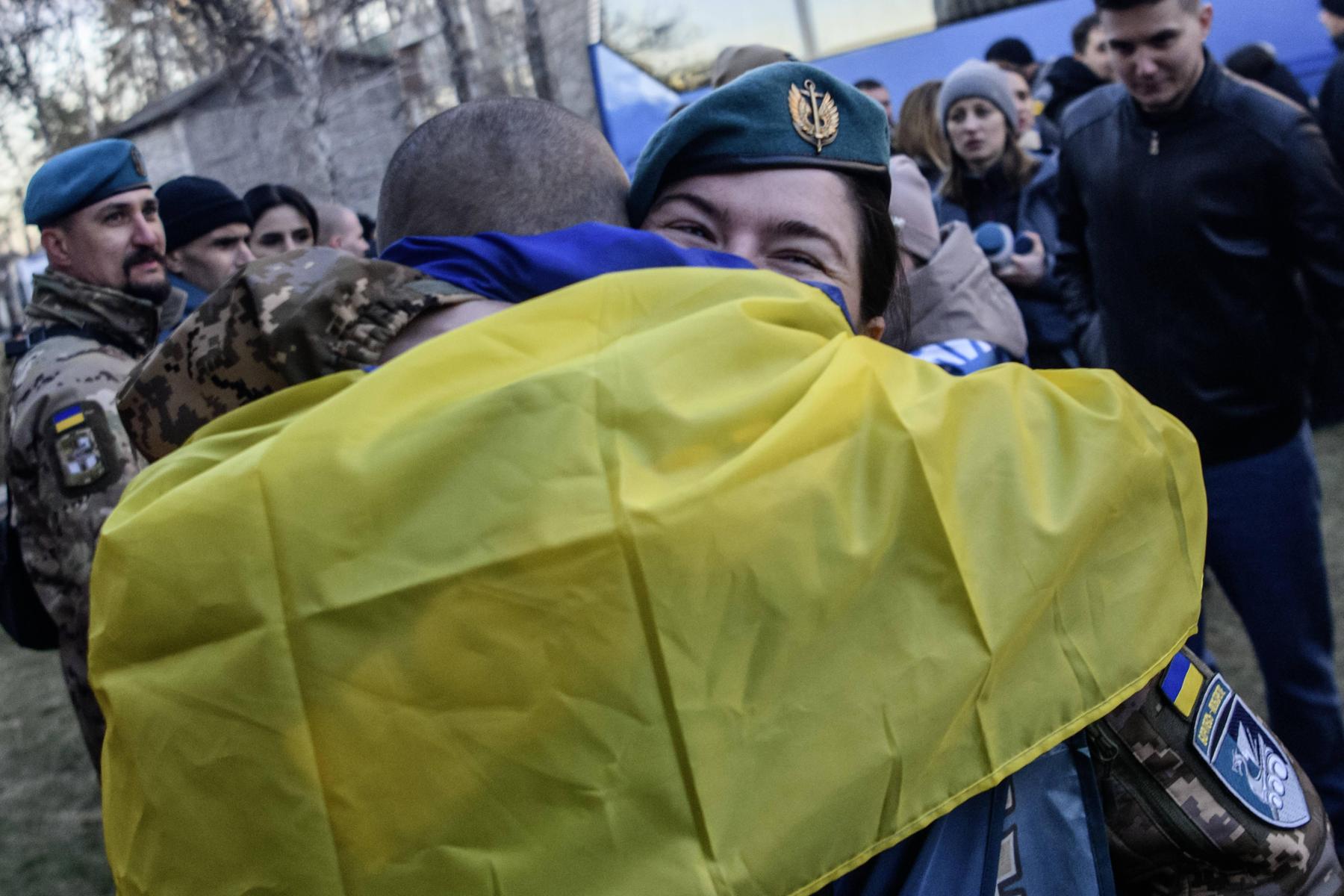Trump: How he promoted Putin’s goals

President Donald Trump’s shift to Russia, through a series of concessions and policy changes combined with threats against the traditional Washington allies, launches a world order of things that are more convenient for Moscow, according to Russian analysts.
Trump’s debate on the occupation of the Panama Canal, the emergence of Canada in the 51st state and the acquisition of Greenland « in one way or another » seems to break the post -war order for the benefit of a world without restrictions on territorial expansion with the violence – Vladimir Putin.
Closer to Putin Ideologically Trump
Trump « is ideologically closer to Putin than, say, to French President Emmanuel Macron, » Vladislav Surkov, a former deputy prime minister who helped the castration of the Republic of Russia and the Republic of Russia and the Republic of Russia, told the French magazine.
The peace negotiations, he said, will deliver the goal of Russia: Ukraine’s defeat either by war or by diplomacy and its dismemberment « in natural places ». The Russian world, he continued, has no borders and « we will expand in all directions, as God wants, and as long as our resources allow us. »
Trump’s policy is « beneficial to Russia, » analyst Michael Gemelianov in the newspaper Nezavisimaya Gazeta. « Trump is ready to make serious concessions to Russia without requiring mutual steps. » The multipolic world « has already arrived. And Trump is already living in him, « he added.
Following are the big changes by the Trump government that benefit Russia, as presented in detail by the Washigton Post:
1. Concessions to Ukraine Pacific Talks
Even before the peace talks began, the Trump government publicly rejected Kiev’s basic demands, including joining NATO and maintaining the conquered Ukrainian territories on the negotiating table.
In controversial comments suggesting implicitly accepted by the US that Russia has legal claims in Ukrainian territories, Trump’s special envoy Steve Witkov said that five areas attached to Moscow were part of Russia and « this was part of Russia ». Russia, he said, « has claimed them ».
Witkov claimed that referendums on annexation were proof that a « overwhelming majority » in the areas « want to be under Russian sovereignty », although the UN General Assembly in 2022 condemned the « attempt to attach Ukrainian territories by Russia ».
Trump’s negotiators have also promised financial agreements with Russia as soon as a peace agreement is signed – an important objective for Putin that would help restore the Russian economy
As peace talks continue, several US national security services have stopped working to tackle Russian sabotage, misinformation and cyberattacks. The US Cyber Administration was ordered to stop planning aggressive cyberattacks against Russia. It is not clear whether these measures were temporary confidence -building measures during peace talks or permanent change.
Recent talks for partial ceasefire in the Black Sea can allow Russia to return to the Swift system for global money transportation on the pretext of selling cereals – a long -term desire by the Putin government.
2. Putin, a credible friend
Under Trump, Putin is no longer regarded as an unpredictable opponent who wants to end US world hegemony, but as a smart, kind and sympathetic friend who, according to Whitkov, will not understand other Ukrainian territories or attack Europe in the future.
« First of all, why want to absorb Ukraine? For what purpose? They do not need to absorb Ukraine, « he said, despite the fact that Russia has used political intervention and military aggression to try to subdue Ukraine throughout Putin’s 25 -year rule.
« I liked it. I thought it was honest with me, « Witkov said in an interview on Friday. « I don’t consider Putin as a bad man. »
With this, Putin has eliminated the Paria regime in Washington to be restored as a world leader who can help bring stability to the Middle East or work with the United States to export Russian Arctic gas to Europe.
Trump, meanwhile, accused Kiev of starting the war and called Ukrainian President Volodimir Zelenski dictator – Reflecting Putin’s own claims.
3. End of war crimes investigations
Putin was accused of alleged war crimes by the International Criminal Court in 2023 for the abduction of thousands of Ukraine children.
But the US Foreign Ministry has stopped funding a three -year program of the Humanitarian Research Laboratory of the University of Yale to identify thousands of abducted children.
It also prohibited to send any evidence to the court. Yale’s work had contributed to six categories of ICC against Russian officials, including Putin.
At that time, the researchers lost access to an information treasure, including satellite images and biometric data that monitored the identity and position of 35,000 children in Ukraine – critical information on their return home.
The Trump government has also stopped working with the International Center to prosecute the crime of attack – a multinational research unit within Eurojust, the European Union Organization for Cooperation in Criminal Justice – to prosecute Russia’s aggression against Ukraine.
4. Cuts in mild US power
For years, the Kremlin has been bitterly opposed to the US International Development Service (USAID), Radio Free Europe/Radio Liberty (RFE/RL) and America’s voice.
The Trump government is now working to abolish all of them or cut off their funding and staff. Organizations have been important tools of American mild power, promoting democratic values, facing authoritarianism, presenting accurate reports in areas where news is censored and helping vulnerable populations.
In 2017, Moscow characterized RFE/RL as a foreign agent, imposing fines on the organization and eventually forcing its activities in Russia in bankruptcy
The organization abandoned the country in 2022, but continued to report. In 2024, Russia described it as a « unwanted organization », which means that anyone who worked for RFE/RL was interviewing it, donated to it or published its contents could face criminal charges.
A RFE/RL author, Alsu Kurmasheva, was arrested in 2023 and imprisoned, doomed to spreading false news about the war in Ukraine. It was released last year as part of an exchange of prisoners.
Despite the harassment, the RFE/RL continued to report, but Trump’s decision to eliminate it may succeed where the Kremlin failed. The RFE/RL has legally moved against funding cuts, as well as USAid’s voice workers.
Russian Foreign Ministry spokesman Maria Zaharova attacked USAID last month, saying that American mild power tools are used « to keep the painful and perverted narratives of American super liberals ».
He said that USAID involved « more dangers of help » and promised that Russia would continue to « suppress external efforts to undermine stability and security in our public on the pretext of so -called concern about democracy ».
Many small independent Russian and Ukrainian media have been supported by USAID funding.
5. Tensions with allies
One of Putin’s main strategic goals was to weaken NATO and separate the US from Europe, but Trump seems to have pressed the Fast-Forward button.
Trump has overturned decades of US foreign policy, turning to closer relations with Russia, while threatening NATO allies and interrupting military assistance and cooperation with secret services with Ukraine.
Trump, who stated that the EU ‘Created to jump the United States’, has also threatened to impose 25% duties on Europe
According to former Trump National Security Advisor John Bolton, Trump was almost leaving NATO in 2018. Trump has threatened not to defend NATO allies who do not meet the goal of spending 2% of their gross domestic product.
The government’s coldness against Europe was revealed when Vice President Jay Di Vance reprimanded European leaders at the Munich Conference on Security last month, calling on Europe to « greatly accelerate the provision of its own defense ».
Defense Minister Pitt Hessegheth warned NATO defense ministers last month that they can not assume that US forces will remain in Europe forever, with Washington no longer focusing on European security, leaving their allies from NATO.

